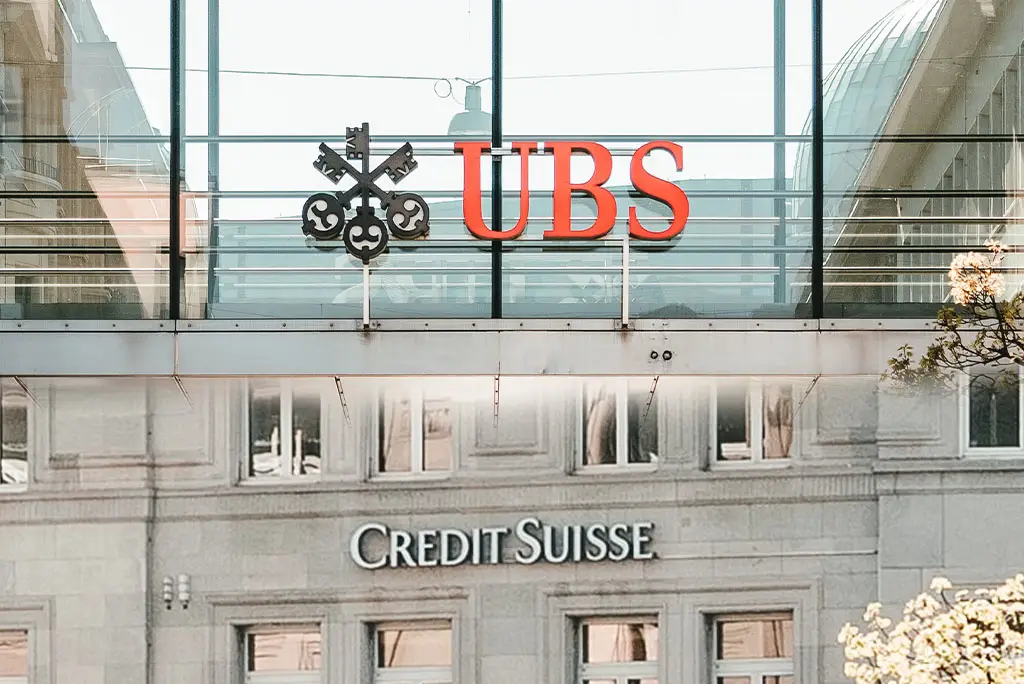CNBC news reported that the regulators in Asia said in statements on Monday that their banking systems stay robust and stable. This was after the UBS -Credit Suisse deal of $ 3.25 billion.
Swiss regulators here played a major role in the forced takeover. This was to stop a larger banking crisis in the country that could have threatened the global system. The deal was announced fast before markets opened on Monday. In the last week, Credit Suisse bank logged its most poor weekly decline since the coronavirus pandemic.
The developments came just after the collapse of SVB or the Silicon Valley Bank. This collapse of SVB led to U.S. regulators backstopping Silicon Valley Bank’s uninsured deposits. The headlines about the global banking turmoil heightened volatility. As well it also heightened investor fears of a further major banking crisis.
A look at the other country’s finance sectors
- Hong Kong Monetary Authority said that the banking sector of the city is resilient, with strong capital and strong liquidity positions. Credit Suisse Bank’s operations in the city comprise a branch that is looked after by the HKMA and two licensed corporations governed by the Securities and Futures Commission. HKMA said that all of them shall open for business today. Customers shall be able to continue to access their monetary deposits with the bank’s branch. Credit Suisse Bank also provides trading services for the stock and derivatives markets of Hong Kong. The complete assets of Credit Suisse Bank, Hong Kong Branch is about HK$100 bn. This represents less than 0.5 percent of all the Hong Kong banking sector assets.
- Singapore said that the system is stable. The Monetary Authority of Singapore said Credit Suisse Bank operations shall continue in the city-state without any interruptions or restrictions. Credit Suisse Bank’s customers shall continue to have access to their accounts, and the contracts with counterparties shall remain in force. The Monetary Authority of Singapore added that Credit Suisse and UBS do not serve retail customers. Their primary activities in Singapore are mainly investment banking and private banking.
- As for Japan, the Japanese banks claimed that the country’s banking system would not likely be affected by the deal. This was as per the comment by the managing director of IDC Financial Services, Cyrus Daruwala. Daruwala told Squawk Box Asia of CNBC on Monday that he thinks the exposure to Credit Suisse or UBS, in general, would be about 4 percent of their portfolio. And that is not a significant amount. So, he added,
“Japan, I maintain has been relatively shielded, especially from Credit Suisse.”
- Australia’s financials remain strong. The assistant governor of the Reserve Bank of Australia, Christopher Kent, emphasized that domestic banks are robust despite a global panic triggered by banking failures in the U.S.A. He added that conditions in global bond markets were strained following the failure of SVB in the United States.
Volatility in the financial markets of Australia picked up. But, markets remain functioning. The Australian banks are unquestionably strong. Banks are already advanced on their bond issuance plans for the present year and could be deferred for some time. Christopher Kent assured that Australian banks’ issuance shall continue to benefit from their strong balance sheets, even if the markets are strained.
The UBS Group AG, the largest banking group in Switzerland, agreed to buy the Credit Suisse Group AG in a government-brokered deal on Sunday.

